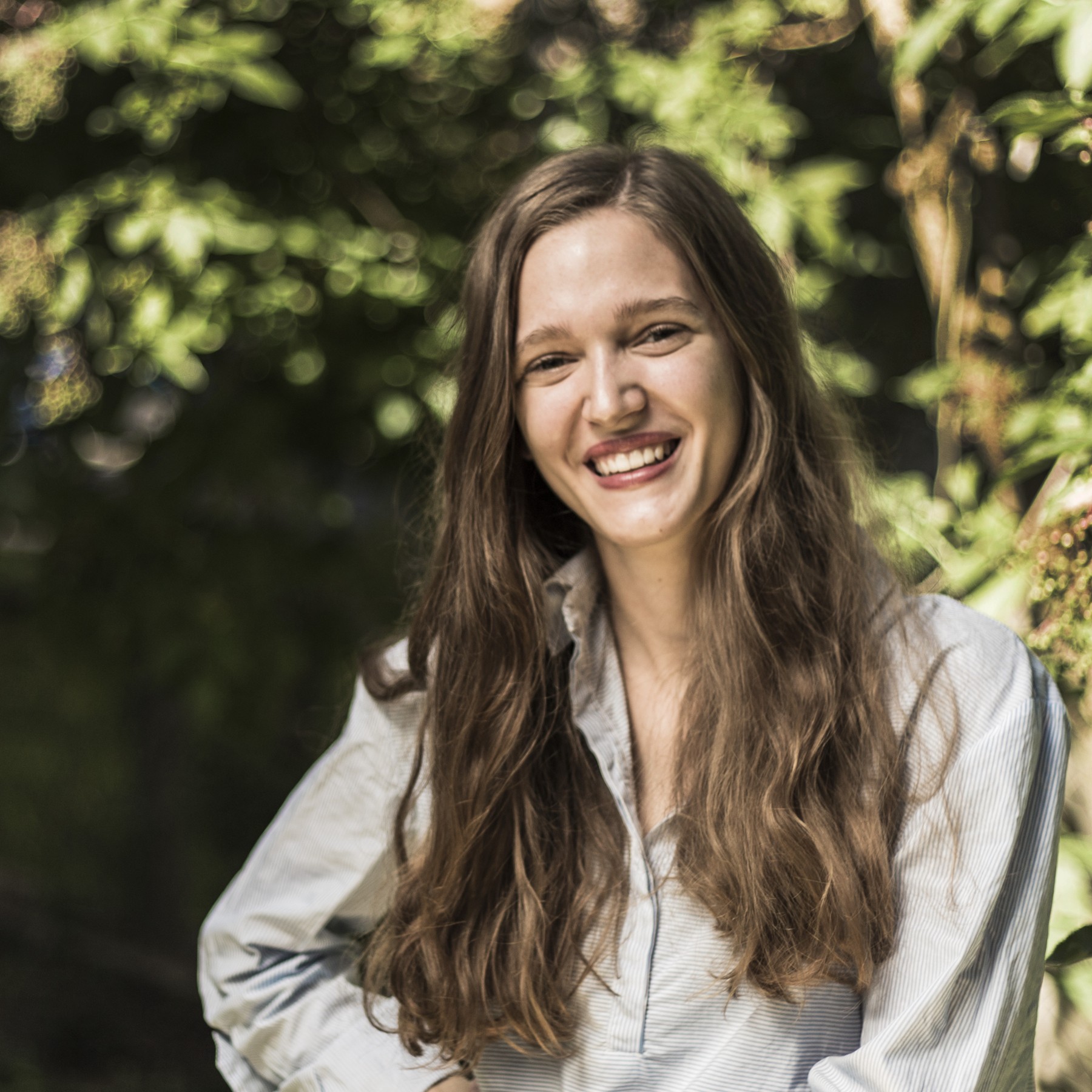Debates about housing can be frustrating. People point fingers, refuse to listen, or simply aren’t interested at all. The International Social Housing Festival (ISHF) addresses this problem. Its aim: organise a productive debate on housing and engage everyone. We sat down with Sina Rasilainen, head coordinator of ISHF 2022, to find out how to achieve this aim.
The International Social Housing Festival (ISHF) is a biennial event organised by Housing Europe. It brings together those involved in the housing sector and allows for a jolly exchange on social, public, and cooperative housing. The concrete nature and content of this exchange constantly vary as Housing Europe partners with a different country each time. The third ISHF takes place in Finland in 2022.

A Carefully Planned Celebration
In the run-up to ISHF 2022, we spoke to Sina Rasilainen, head coordinator of the festival and a senior officer at ARA, the Housing Finance and Development Centre of Finland. Sina tells us what it takes to organise a festival like this, and which aspects matter most when wanting to spark a debate on housing. We have distilled Sina’s extensive advice into the following three tips:
1. Create a Positive Atmosphere
Housing has one major drawback: it is often viewed as a problem. Sina elaborates: “Housing is a little bit of a sad topic. People talk about expenses and the lack of affordable housing.” Not the best conditions for an encouraging, let alone productive debate. However, the fact that housing is often perceived as a critical subject is exactly why Sina thinks we should have a joyous festival like ISHF.
She explains that a festive atmosphere can be motivating. It allows people to celebrate what has already been achieved in terms of housing policies, projects, etc., instead of frowning over what’s going wrong. “We want to have a great, fun festival where people can meet and discuss,” Sina underlines and adds:
“We would like to show the other side of housing. It would be nice if people came to the festival in good spirits and wanted to learn and see and feel what we have done in Finland.”
A relaxed, positive atmosphere presents an opportunity to celebrate, learn from each other, and share promising practices.
2. Make It Open to Everyone, Interesting, and Accessible
It is not just important to create a great atmosphere but also to appeal to a vast audience. By doing so, you can promote a productive discussion on housing on various levels and across borders. ISHF aims to offer everyone food for thought, no matter their profession, expertise, or interests. For instance, ISHF 2022 is open to:
- the general public,
- tenants,
- homeowners,
- architects,
- politicians,
- scientists,
- NGOs,
- urban planners,
- developers,
- housing cooperatives,
- etc.
By bringing people from around the world and from all walks of life together, new ideas are generated, best practices are exported to other countries, and actors across the housing market can learn from each other. Sounds too good to be true? See for yourself and hear from the participants of ISHF 2017:
To appeal to this vast audience, ISHF consists of a wide range of events. There are seminars, site visits, panel discussions, workshops, and even film screenings. Visitors can choose freely in which events they want to participate. As Sina would say, “there are lots of open doors, and you can choose which doors you go through”. To make the festival even more accessible, Sina and her team don’t charge anything for entry.
3. Engage Everyone
At ISHF 2022, anyone can get involved. This is important because involvement is crucial for a productive debate on housing. Everyone’s voice needs to be acknowledged: from large rental companies to individual tenants. Apart from appealing to a vast audience, however, it is also key to engage many different people from early on and rely on a wide range of partners.
How to Get Partners on Board
ISHF 2022, for instance, has opened a call for national and international partners. That means anyone interested can contact Sina and her team and put forward an idea for a talk, seminar, workshop, etc. However, Sina doesn’t just sit there and wait for people to reach out to her: she also sends out invitations to ARA’s partners and with the help of Housing Europe finds additional professional partners.
How to Involve Regular Renters and Buyers
When it comes to engaging tenants and homeowners, Sina stresses that it’s important to get them on board early. “We think that in the festival tenants are very important. Because tenants are those who can tell about their housing and their living areas and the buildings. So, that’s why we want to encourage the tenants to join the festival in the early phase.”
There is no debate around housing without those who live in it. But how does Sina manage to get residents engaged? She and her team have, for instance, invited them to take videos in which they present the best aspect of their homes or buildings. These videos are shared on social media and via ISHF’s newsletter. It works well for those who wouldn’t want to speak live in front of a crowd. However, Sina also notes that tenants could volunteer for the festival, e.g., as tour guides on site visits.

It’s Not a Piece of Cake
Organising a productive debate on housing involves multiple challenges. For Sina and her team, one of the biggest was dealing with COVID-19. Originally, ISHF was scheduled to take place in 2021; however, travel restrictions, lockdowns, and other measures made that impossible. The cancellation of the original event, of course, had huge impacts on their partnerships, funds, and overall motivation.
Generally, Sina says that it takes a lot of persistence to organise a debate on housing. She confesses: “Sometimes I think I’m losing my faith, but I can’t lose my faith because I have to believe in this”.
Another hurdle is getting all the details right. Organising a debate or other event requires a lot of expertise. At times, you may not be able to do it all yourself. For instance, Sina tells us that for ISHF 2022, they had to consult an event planning firm to support them throughout.
Wise Words of Advice
The lesson we learn from this: get expert support when you need it. And Sina has another important tip. Carry out your plan properly.
“If you want to organise this kind of festival, you have to do it.”
No matter what challenges you come across, the most important thing is to push through and believe in your goal.
How to Organise a Debate on Housing in a Nutshell
It is important to remember that some of the above advice is specific to ISHF and its means. So, when organising your own debate, certain aspects might differ. Let’s, however, summarise the general points raised by Sina:
- Create a positive atmosphere that promotes collaboration and learning.
- Make your debate open to everyone, and spark people’s interest by offering a range of different formats and making your debate easily accessible.
- Engage people from different backgrounds and let them contribute to planning your event.


